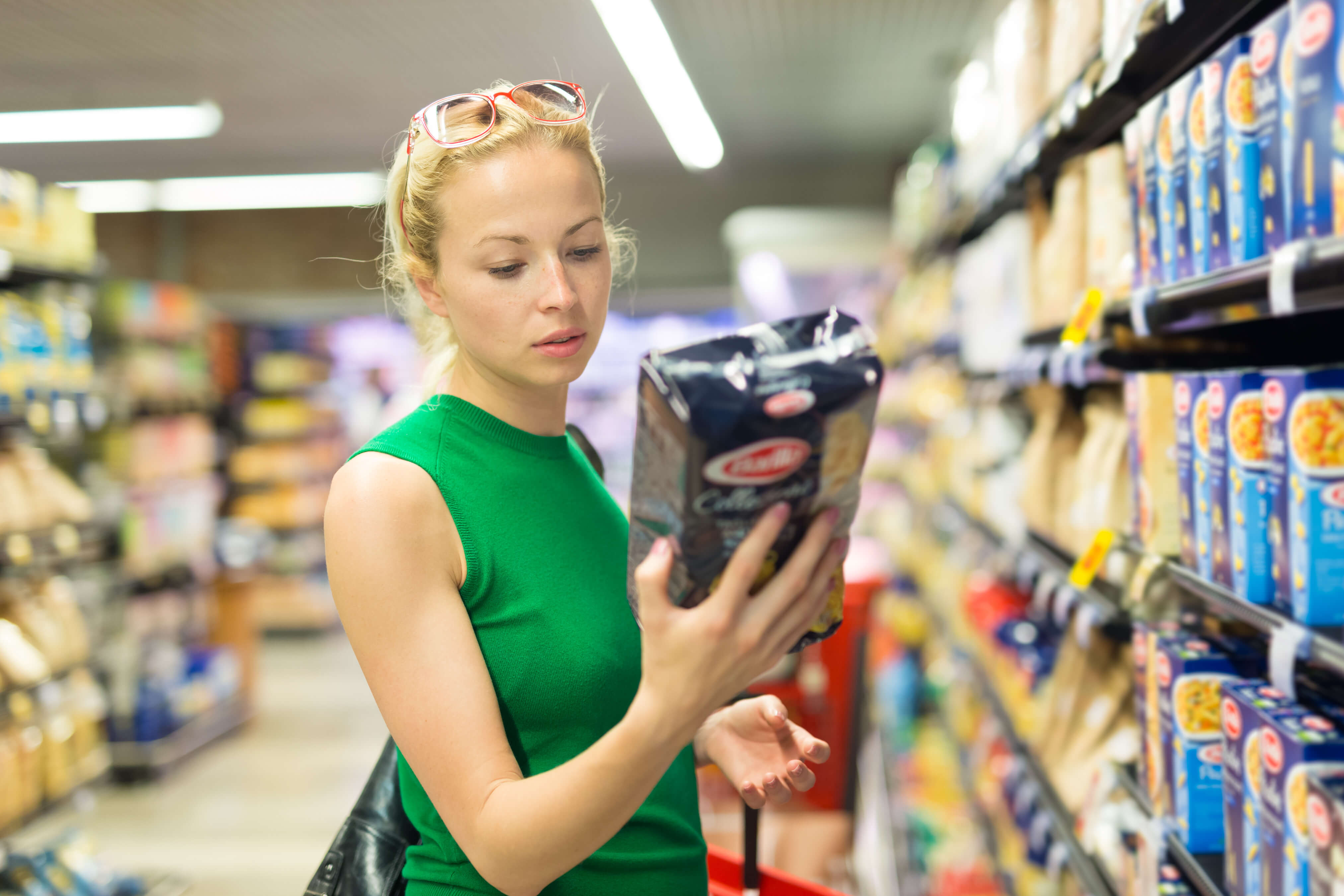
Want to live a more eco-friendly lifestyle? You can start anywhere—even the grocery store! Next time you stock up on food and drinks for your family, don’t forget to make these eco-friendly choices:
Look for less packaging.
The packaging on some products is not designed with the environment in mind. Look for items with as little packaging as possible to minimize the waste you are producing as you eat your food throughout the week. To eat some snacks, you will have to rip through a cardboard box, plastic wrap, and a plastic tray. That’s way too much waste for one product! Choose items with lighter, sleeker packaging, and give yourself a little pat on the back if you can find items packaged with recyclable materials.
Skip the water bottles.
According to the World Wide Fund for Nature (WWF), over 1.5 million tons of plastic are used to bottle water for resale every year. Don’t contribute to this wasteful trend by buying plastic water bottles when you go to the grocery store. Instead of buying a giant pack of plastic water bottles every week, buy a water filter that can be reused over and over to provide your family with clean, filtered water.
Go local.
Buying local goods is perhaps one of the best ways to reduce your carbon footprint. Why? When you buy local, you are reducing the amount of energy it takes to bring your food from its producer to you, the end customer. If your grocery store does not sell local produce or meats, try going to a farmers’ market for these items so you can support local businesses. Another bonus of eating local foods? Since the items don’t have to travel as far to get to you, they will taste better and stay fresh for much longer.
Look for an organic label.
There has been a bit of confusion over what the word “organic” truly means, but one thing is for certain: foods with a certified organic label on them are grown and/or processed using eco-friendly methods. These foods are also processed without the addition of pesticides, bioengineered genes and fertilizers, so they benefit both your body and the environment. One downside? Higher quality means higher prices, so you will have to pay a little bit more to enjoy organic foods.
Make one large trip.
Before you head to the grocery store, go through your cabinets, pantry and refrigerator to make a list of exactly what you need. Some shoppers tend to head to the store with no concrete list, so they end up forgetting items and having to come back in the middle of the week for a second trip. This is wasteful, since you will have to consume energy in order to get back the store. So, do a little planning before you leave and save yourself the extra trip.
Bring your own bag.
When you are asked “paper or plastic?” in the checkout line, make sure you say “neither!” Bring your own reusable grocery bags so you don’t have to rely on paper or plastic options to transport all of your items home. Over time, you will be able to greatly reduce the waste you are producing from trips to the grocery store.
As you can see, there are plenty of ways you can contribute to a greener world from the aisles of your local grocery store!